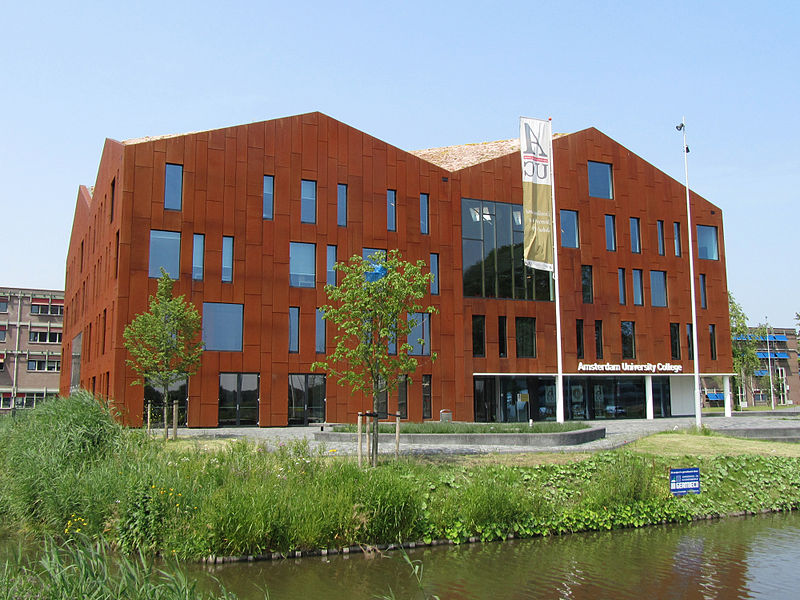
The Dutch government's proposal to decrease the availability of English courses in Dutch educational institutions has faced backlash from universities, teaching staff, and students.
Critics argue that this move will not only harm their reputation but also impede research efforts.
Education Minister Robbert Dijkgraaf intends to limit the proportion of foreign language teaching in standard bachelor's degrees to one-third of the course credits. The aim is to prevent Dutch students from being marginalized and to encourage foreign students to learn the language and integrate. The ministry confirmed that this limit can only be changed with the explicit approval of the minister. Additionally, courses taught in languages other than Dutch will undergo assessment to ensure they represent a sensible use of public funds.
Eindhoven University of Technology, which currently offers all bachelor's and master's degrees in English, expressed the strongest opposition to the language quota. Robert-Jan Smits, president of the executive board, highlighted the potential detrimental effects on his university and the country's international standing. He emphasized that if a substantial part of their bachelor courses must be taught in Dutch, it would be challenging due to the shortage of Dutch-speaking professors, particularly in fields such as artificial intelligence.
The University of Groningen released a statement expressing concerns about Minister Dijkgraaf's plans, stating that they could hinder their contributions to the Dutch knowledge economy. University board president Jouke de Vries suggested that the minister's intention might be to use language as a means to reduce the intake of international students. He pointed out the similar situation in Denmark, where some measures were reversed after implementation.
The plans do allow for specific courses targeted at the international labor market, as well as small-scale, internationally-oriented education, such as university colleges and certain arts courses. However, even these institutions have expressed worries about the impact on their admission procedures and the concerns raised by students and prospective candidates.
The new legislation, announced by the education ministry in April, aims to better manage and regulate the number of international students in the Netherlands. The focus on providing English-language education has raised concerns that Dutch talent is being overshadowed by students from abroad. Currently, there are approximately 122,000 international students studying at Dutch universities, a significant increase compared to the 2005 academic year. About 15% of the student body is comprised of non-Dutch students.
Critics argue that learning Dutch as a second or third language is not widely available in many schools across Europe and the world, making it impractical for students to study solely in Dutch. Some students have also expressed dissatisfaction with the Dutch language classes offered at universities, citing ineffective teaching methods and limited support.
If the plans proceed as currently proposed, it is feared that the education sector, future job market, and the country's reputation will be adversely affected. Critics argue that these measures contradict the spirit of openness and tolerance that the Netherlands has been known for. Photo by Jvhertum, Wikimedia commons.



































